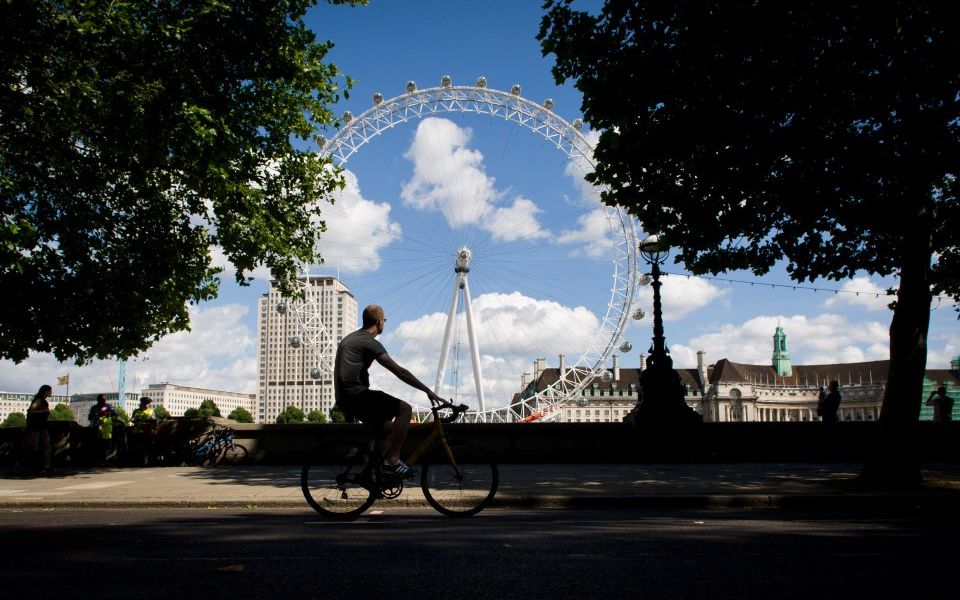Boris Johnson’s flagship cycle superhighway costs £62,000 for every extra cyclist

Boris Johnson’s controversial cycle superhighway, heralded as London’s “Crossrail of cycling”, is costing taxpayers tens of thousands of pounds for every new cyclist it attracts, according to new figures.
Today’s new information from Transport for London (TfL) is likely to provide fresh ammunition to critics of the £47m project, which has come under fire from taxi drivers and hauliers because of the slower traffic journey times it has brought about.
On the superhighway’s East West route from Tower Hill to Lancaster Gate there are roughly 754 more riders per day compared with 2014/15, which means the flagship scheme has cost over £62,000 for every extra cyclist attracted to the route.
TfL’s commissioner Mike Brown recently said that the speed at which the project was delivered was “ill-judged”.
Read more: Ride-hailing firm Taxify enters the electric scooter market
Steve McNamara, general secretary of the Licensed Taxi Drivers' Association, told LBC: “This cycle lane has been an absolute disaster for London. It was put in the wrong place at the wrong time.
"If you go down to the cycle lane outside of rush hour, there's nobody on it. It's a ghost town and that just reinforces the problem with it.”
However, Ben Plowden, director of strategy and network development for TfL Surface Transport, said: “Cycling is the fastest growing form of transport in London, with the number of journeys growing by 154 per cent since 2000. New and safer cycling infrastructure brings a wide range of benefits to everyone, by reducing danger to the most vulnerable road users, improving air quality and health, making more efficient use of roadspace and boosting local economies and tourism.”
Read more: Plus-size retailer N Brown Group announces CEO's exit
“Taxpayers have shelled out a fortune for a scheme with user forecasts that don't seem to be aligned with reality, and it has left motorists and hauliers worse off as they are facing longer journey times,” according to John O'Connell, chief executive of the TaxPayers' Alliance. “This is what happens when fads are put before thinking.”
O’Connell added: “Travel habits can and will change over time as innovation and research unveil cleaner and greener ways to travel, and it's crazy to inflict economic self-harm and ask taxpayers to pick up enormous bills in the meantime.”